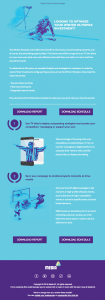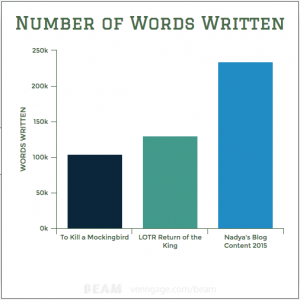— June 29, 2017

AOMSIN / Pixabay
Are you looking for a hyperlocal way to target new and potential customers for your business? Geofencing is an effective way to reach smartphone users when they’re near your business (or your competitor’s business) through location-based mobile ads. If you’re ready to get started with geofencing for your local business, here are a few tips to help you create and maintain an effective strategy for your business.
Know Your Target Client
Geofencing is designed to target a certain geographic area; therefore, you should know who your target client is and where they spend their time. Your goal is to get the right information in front of the right audience at the right time. Typical smartphone users are checking their phones 150 times per day. By understanding how your client shops and uses their mobile phone, you can send them more relevant content and get more out of your geofencing campaign.
Start With One GeoFence
Rather than establishing a geofence around your business, your parking lot, and the shop across the street, start with creating one large geofence encompassing all three areas. This way, you won’t let potential customers fall through the cracks.
When you begin geofencing for the first time, start with creating a geofence around your business and track the results. Once you’ve placed your first geofence, you may want to start expanding to other locations. You can even think a little outside of the box by placing geofences near your competitors or complementary businesses.
If you have multiple geofence locations, providing customized messages for each location is key. If you have more than one location for your business, you wouldn’t want to send someone a message saying you are hosting an event and have them show up to the wrong location.
Keep Messages Simple & To-The-Point
Geofence messages need to be short and concise. Typically, you are given roughly 100 characters per message which means that your messages don’t need to be too detailed. Simply provide the main message you wish to get across. However, it is not very enticing for customers to receive a message that is just a statement. Include a call to action in your message to encourage clients to “tap here for more.” This gives them a reason to learn more about your business. Remember that consumers can enter your geofence at any time, even when you do not have an event or promotion. You should always plan ahead and have a generic message during these times so that you are constantly reaching out and making your business known to potential customers.
Business & Finance Articles on Business 2 Community
(40)
Report Post








